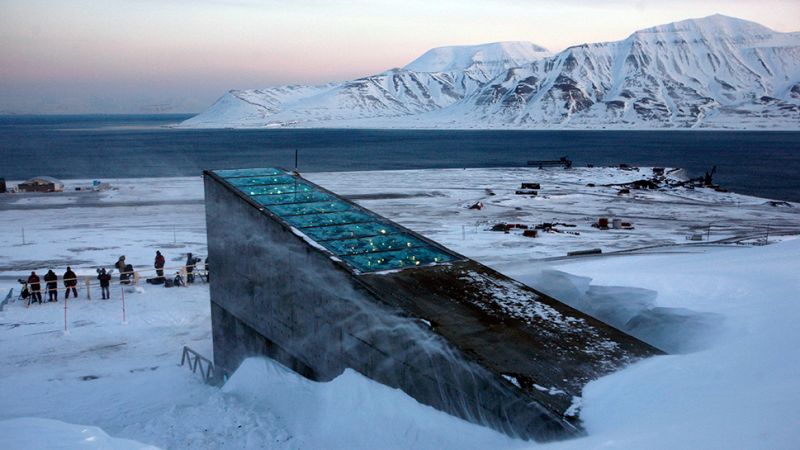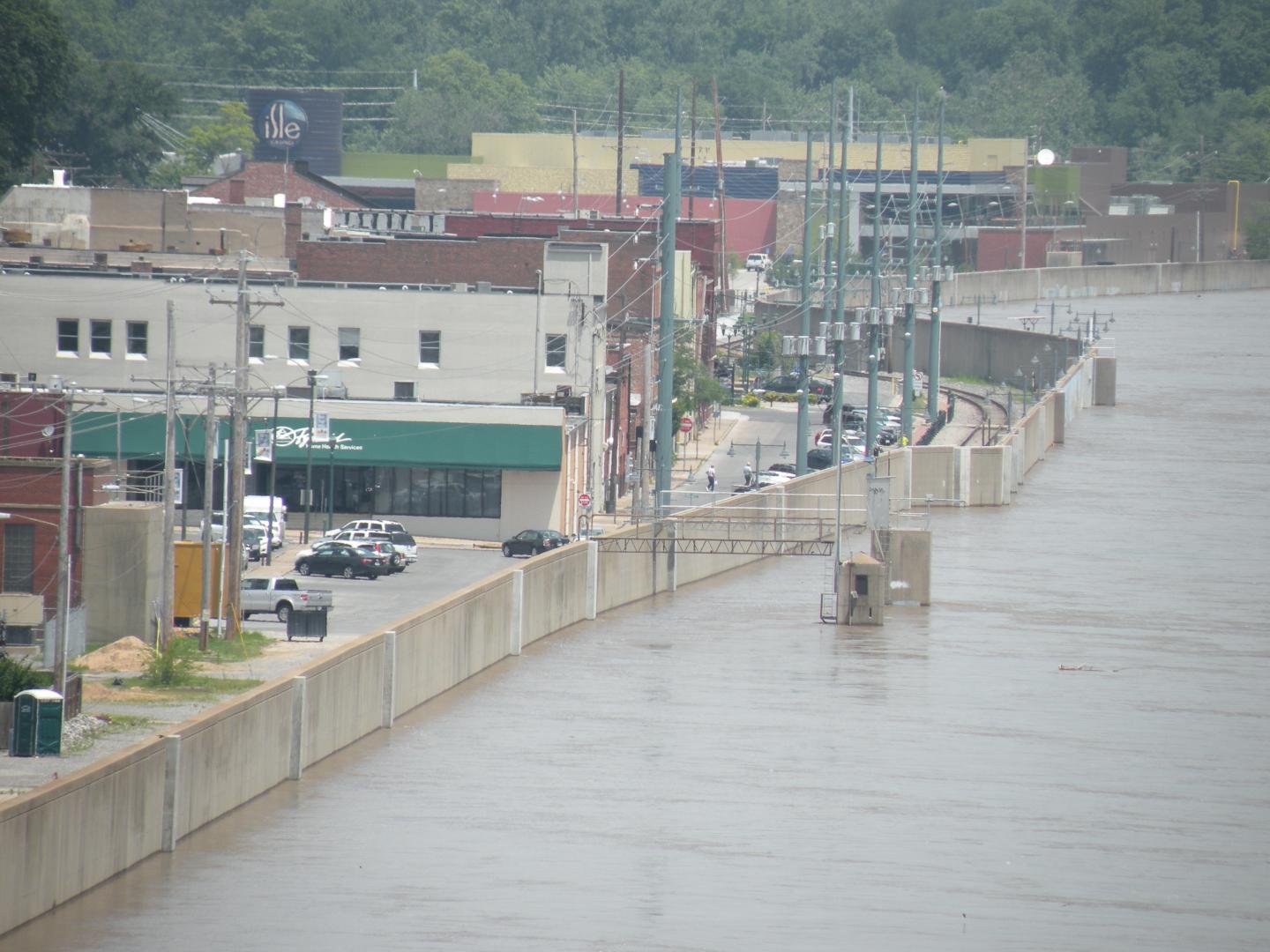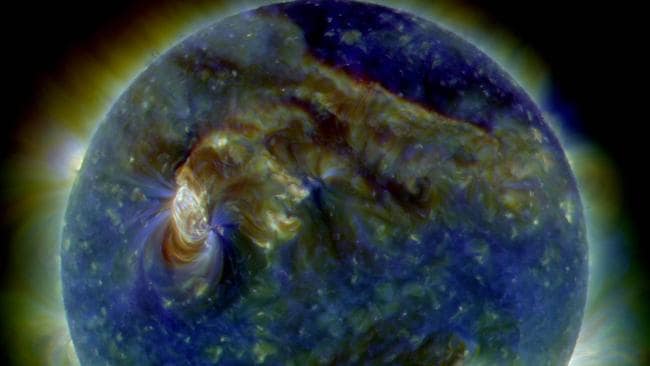
April 22 is Earth Day, and while it’s a time to celebrate our planet, it’s also an opportunity to take a look at the serious environmental issues we’re facing.

The researchers calculated that the combination of sunshine and CO2 at the end of this century would already be equivalent to the Eocene climate 50 million years ago, the warmest time period since the dinosaurs reigned.

In a first-of-its-kind study, scientists will disperse aerosols into the stratosphere in initial tests of a controversial technique for blocking incoming solar radiation.

Norway’s “Doomsday Vault” is getting an expansion. Officially known as the World Arctic Archive, the vault opened this week and has already taken submissions from two countries. This time, instead of storing seeds that will survive the apocalypse, the vault is archiving data using specially developed film.

The satellite's new capabilities from the Geostationary Lightning Mapper (GLM) mean forecasters can predict severe weather more accurately. in this in turn could help disaster preparedness and response to tornadoes and hurricanes.

Does a name in itself have sufficient symbolic power to cause a paradigm shift in how humans perceive our role in the changing geological patterns of the planet?

Scientists identified a seventh geologic continent called Zealandia.

The Earth's magnetic field is continuing to grow weaker, potentially portending more dramatic events, including a global reversal of the magnetic poles.

A newly-discovered peatland in the Congo Basin of central Africa contains an estimated 30.6 billion tons of carbon in its waterlogged soils - equivalent to three times the total annual carbon emissions of every human being alive today.
On his most recent trip the International Space Station NASA astronaut Jeff Williams used an Ultra High Definition video camera that he pointed at the planet 250 miles below.

From the most powerful telescope orbiting Mars comes a new view of Earth and its moon, showing continent-size detail on the planet and the relative size of the Moon.

Geoengineering is one of those things that sounds like maybe a good idea on paper but could also go horribly wrong.

Satellite observations of the Earth's magnetic field reveal a fast-moving stream of metal deep inside the planet.

Using satellites and supercomputers, NASA scientists have recreated a year in the life of CO2.

Scientists from the Japan Aerospace Exploration Agency have come up with an experimental ship that pulls outer space debris out of orbit.